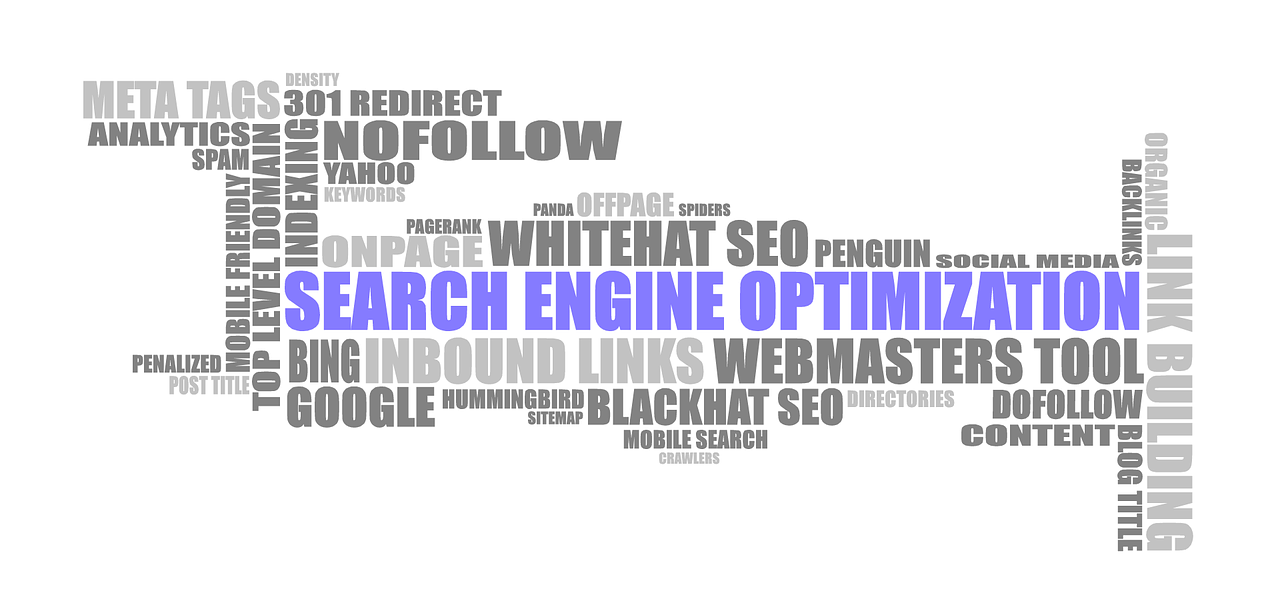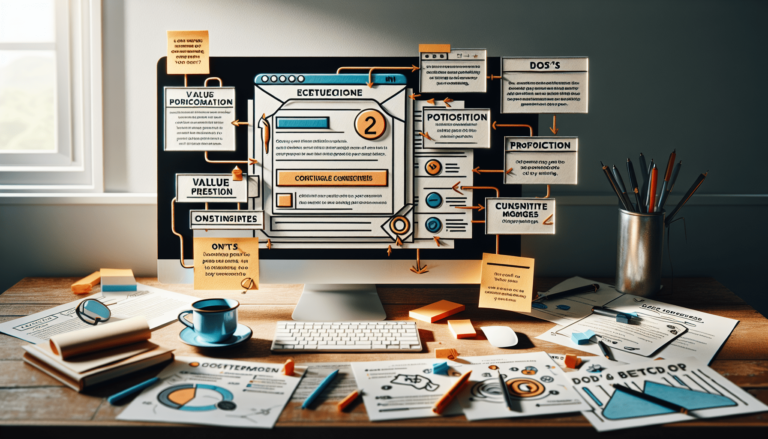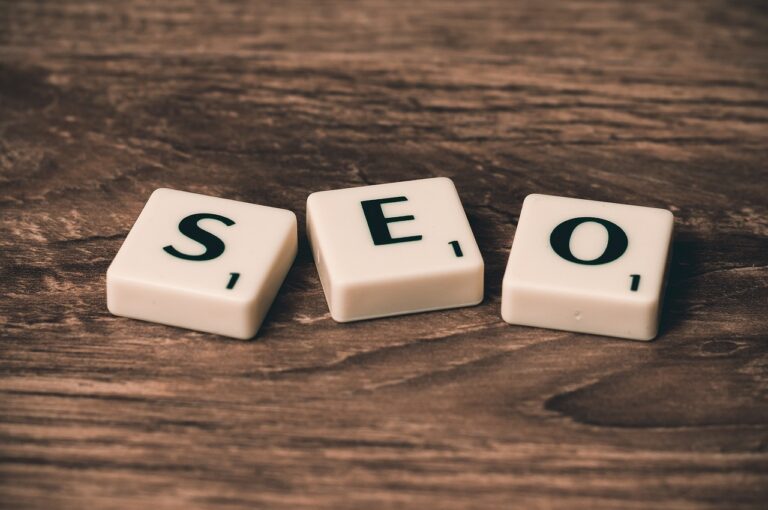What Are The Risks Of Using Paid Links For SEO?
If you’re looking to boost your website’s visibility and improve its search engine rankings, you may have considered using paid links as a strategy. However, before you jump into this potentially risky tactic, it’s important to understand the potential downsides. Using paid links for SEO can indeed have its benefits, but it also comes with a variety of risks that could harm your website’s reputation and authority. In this article, we’ll explore some of these risks and why you should exercise caution when it comes to paid link building.
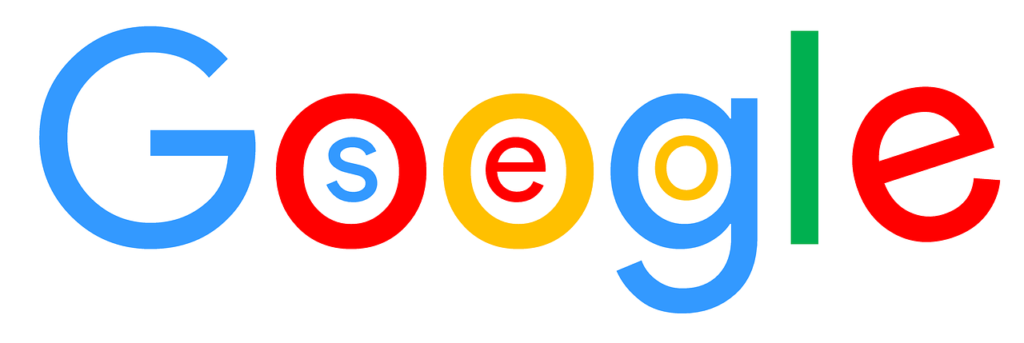
Learn moreabout how to build links for your business..
Google Penalties
When it comes to search engine optimization (SEO), one of the biggest concerns is the risk of incurring Google penalties. Google penalties can have a significant impact on your website’s visibility and rankings in search engine results pages (SERPs). It’s important to understand the different types of penalties and how they can affect your website.
Manual Penalties
A manual penalty occurs when a member of Google’s webspam team manually reviews your website and determines that it violates Google’s guidelines. This can happen if your website is engaging in practices that are considered manipulative, deceptive, or spammy. Manual penalties can be a serious blow to your website’s reputation and can result in a decrease in search rankings.
To avoid manual penalties, it’s crucial to adhere to Google’s guidelines and engage in ethical SEO practices. This includes avoiding black hat techniques such as keyword stuffing, cloaking, and buying links.
Algorithmic Penalties
Algorithmic penalties, on the other hand, are imposed automatically by Google’s algorithms. These penalties are triggered when your website is deemed to be violating Google’s guidelines, but without any manual review. Algorithmic penalties can be caused by a variety of factors, including poor quality content, spammy backlinks, and over-optimization.
It’s important to stay up-to-date with Google’s algorithm updates and make sure your website is in compliance with their guidelines. By focusing on creating high-quality content and obtaining organic, natural backlinks, you can minimize the risk of algorithmic penalties.
Decreased Trust and Credibility
One of the major consequences of incurring Google penalties is a significant decrease in trust and credibility. When your website is penalized, it sends a signal to both users and search engines that your site is not trustworthy or reliable.
Loss of User Trust
When users encounter a penalized website, they may become wary of engaging with its content or making purchases. A manual or algorithmic penalty can lead to a loss of user trust, as users may associate penalties with spammy or low-quality websites. This can have a detrimental impact on your website’s conversion rates and overall success.
Decline in Website Reputation
In addition to losing user trust, a Google penalty can also tarnish your website’s reputation within your industry or niche. Other websites and industry influencers may be less likely to link to your content or collaborate with you if they know your website has been penalized. This can result in missed opportunities for growth and partnerships.
Maintaining a positive online reputation is crucial, and avoiding Google penalties is a key component of that. By focusing on providing valuable, relevant content and practicing ethical SEO techniques, you can build a strong reputation for your website.
Negative Impact on Search Rankings
Google penalties can have a significant negative impact on your website’s search rankings, which can directly affect your organic traffic and visibility in SERPs.
Dropped Rankings
One of the most immediate consequences of incurring a Google penalty is a decrease in search rankings. When your website is penalized, it can drop significantly in the search results, making it harder for users to find your content. This can result in a decrease in organic traffic and a loss of potential customers or readers.
Loss of Organic Traffic
A decrease in search rankings often leads to a loss of organic traffic. Without a strong presence in the search results, your website may not receive as many clicks or visits from users searching for relevant keywords. This can have a significant impact on your website’s visibility, reach, and ultimately, its success.
Maintaining a high position in the search results is vital for driving organic traffic to your website. By avoiding Google penalties and focusing on SEO best practices, you can increase your chances of ranking well and attracting a steady stream of organic visitors.
Waste of Resources
One of the less obvious risks of incurring Google penalties is the waste of valuable resources, including financial investment and time.
Financial Loss
Investing in SEO can come with substantial costs, whether it’s hiring professionals, purchasing tools, or creating high-quality content. When your website is penalized, all the resources invested in optimizing your site can go to waste. It’s important to remember that recovering from a penalty can be time-consuming and costly.
Time and Effort Wasted
In addition to the financial aspect, a Google penalty can also result in wasted time and effort. Implementing SEO strategies takes time and dedication, and having to start over due to a penalty can be demoralizing. It’s essential to invest in long-term, sustainable SEO practices that minimize the risk of penalties, thus avoiding wasted time and effort.

Uncontrolled Link Quality
A key aspect of SEO is building a strong backlink profile, as it can significantly impact your website’s rankings. However, when using paid links or engaging in unethical linking practices, you expose your website to the risks associated with uncontrolled link quality.
Inferior Link Sources
When using paid links, there is a higher likelihood of obtaining links from inferior or spammy sources. These low-quality links can have a negative impact on your website’s credibility and rankings. Google’s algorithms are designed to identify and penalize websites with unnatural or manipulative link profiles.
To ensure the highest quality of backlinks, it’s important to focus on natural link building methods. By creating valuable and shareable content, you can attract organic backlinks from reputable sources.
Unethical Linking Practices
Engaging in unethical linking practices, such as buying links, can also result in a penalty. Paying for links not only violates Google’s guidelines but also creates an unfair advantage over websites that earn links naturally. Google is continually improving its ability to detect paid links and can penalize your website if it deems your link-building practices to be manipulative or deceptive.
To maintain a natural and high-quality link profile, it’s essential to focus on earning links through ethical means. This includes creating valuable content, engaging in outreach efforts, and building relationships with reputable websites in your industry.
Difficulty in Anchor Text Optimization
Anchor text optimization is an important aspect of SEO, as it helps search engines understand the context and relevance of the linked page. However, incurring a penalty can make it more challenging to optimize anchor text effectively.
Less Control over Anchor Text
When using paid links, you have less control over the anchor text used for the backlinks. This can make it difficult to optimize the anchor text to target specific keywords or phrases that are relevant to your website. Google’s algorithms are sophisticated and can detect when anchor text is over-optimized or manipulative.
Inconsistent Keyword Optimization
In addition to limited control over anchor text, using paid links can also result in inconsistent keyword optimization. Different link sources may use different anchor text, which can lead to a lack of coherence in your SEO strategy. For optimal results, a consistent and well-planned approach to anchor text optimization is essential.
To ensure effective anchor text optimization, focus on natural link building practices and emphasize content relevance. By providing valuable and relevant content, you can attract organic backlinks with anchor text that aligns with your SEO goals.
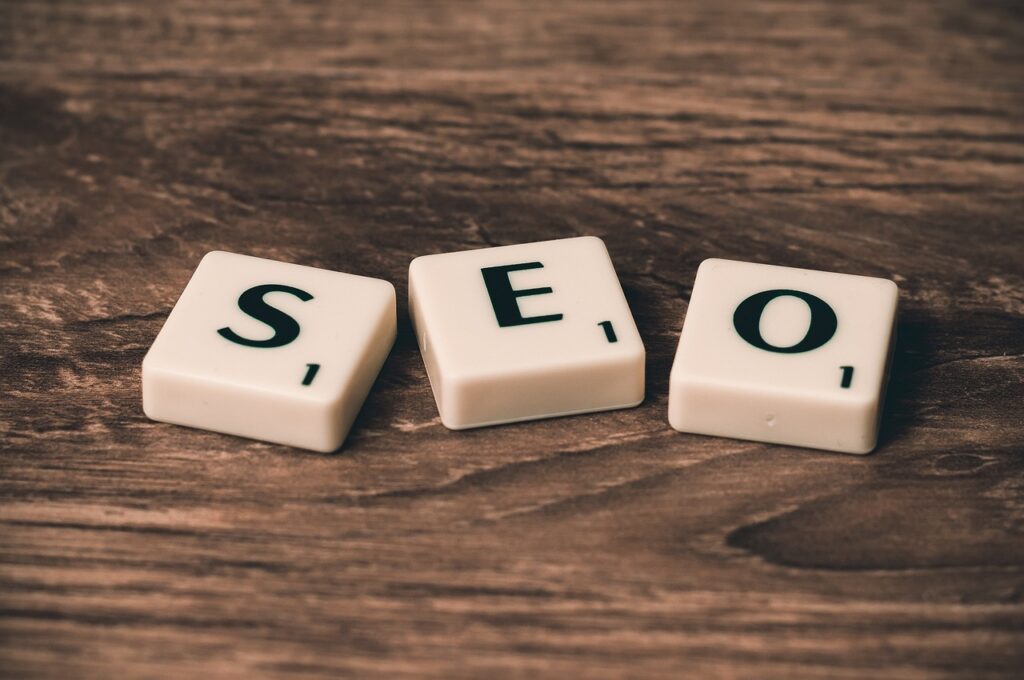
Lack of Long-Term Value
While using paid links for SEO may provide a temporary boost in search rankings, the long-term value is often lacking. Google’s algorithms are continuously evolving to prioritize high-quality, organic backlinks over paid or manipulative links.
Temporary Boost in Rankings
It’s not uncommon for websites using paid links to experience a temporary boost in search rankings. However, this boost is often short-lived, as Google’s algorithms detect and penalize unnatural link-building practices. This can result in a significant drop in rankings and organic traffic once the penalty is applied.
Link Decay over Time
Paid links are inherently risky because they lack the long-term value that organic backlinks provide. Over time, paid links can become less valuable or even harmful to your website’s SEO efforts. This is due to factors such as link decay, changes in Google’s algorithms, and the diminishing authority of paid link sources.
To ensure long-term value and sustainable SEO results, it’s crucial to focus on organic link-building strategies. By creating valuable content and earning natural backlinks, you can establish a strong foundation for your website’s rankings and visibility.
Harmful Association with Bad Neighborhoods
When using paid links, your website can become associated with bad neighborhoods or low-quality websites. This association can have a detrimental impact on your SEO efforts and overall online reputation.
Linked to Spammy Websites
Paid links often come from spammy or low-quality websites that engage in manipulative SEO practices. When your website is linked to these types of websites, it can be seen as guilty by association. Google’s algorithms take this into account and can penalize your website for engaging in link-building practices that are considered manipulative or unethical.
Negative Association with Low-quality Content
Similarly, when your website is associated with low-quality or spammy content, it can negatively affect your SEO performance. Google places a high value on websites with valuable and relevant content, and being associated with low-quality content can result in a penalty.
To avoid the harmful association with bad neighborhoods, it’s important to focus on building relationships with reputable websites and earning organic backlinks. By prioritizing content quality and relevance, you can ensure your website is associated with high-quality sources and content.
Potential Legal Consequences
Using paid links for SEO can also have potential legal consequences. Violations of search engine guidelines and copyright or intellectual property issues can result in legal action and financial penalties.
Violations of Search Engine Guidelines
Paying for links is a direct violation of Google’s guidelines and can result in penalties. In addition to negatively impacting your website’s SEO performance, Google can take further action if it deems your link-building practices to be particularly egregious. This can include permanent removal from the search index or other severe consequences.
Copyright and Intellectual Property Issues
When using paid links, there is also a risk of infringing on copyright or intellectual property rights. If the links you pay for include content that is copyright-protected or owned by another party, you can face legal consequences for copyright infringement or intellectual property theft.
To avoid potential legal issues, it’s crucial to focus on ethical SEO practices and comply with search engine guidelines. By prioritizing content creation and organic link-building strategies, you can minimize the risk of legal repercussions.
Constant Link Maintenance
Using paid links for SEO often requires constant link maintenance to stay in compliance with search engine guidelines and avoid penalties.
Monitoring and Disavowing
After implementing paid links, it’s essential to constantly monitor their performance and relevance. This includes regularly checking for changes in the sources’ quality, relevancy, and authority. If any links are deemed to be in violation of Google’s guidelines or of low quality, they should be disavowed to minimize the risk of penalties.
Cleaning up Toxic Links
Another aspect of link maintenance is cleaning up toxic or harmful links. Over time, link sources can become spammy or lose their authority, presenting a risk to your website’s rankings. Regularly reviewing and removing toxic links can help maintain a healthy backlink profile and reduce the chances of penalty.
While link maintenance is an essential part of any SEO strategy, the constant attention required to manage paid links can be time-consuming and resource-intensive. By focusing on organic link-building practices, you can minimize the need for frequent link maintenance and ensure a more sustainable SEO strategy.
In conclusion, the risks of using paid links for SEO are significant and can have long-lasting consequences for your website’s visibility and reputation. From incurring Google penalties to wasting valuable resources, the downsides outweigh any potential short-term benefits. By focusing on ethical SEO practices, providing valuable content, and building relationships with reputable websites, you can establish a strong online presence that stands the test of time.
